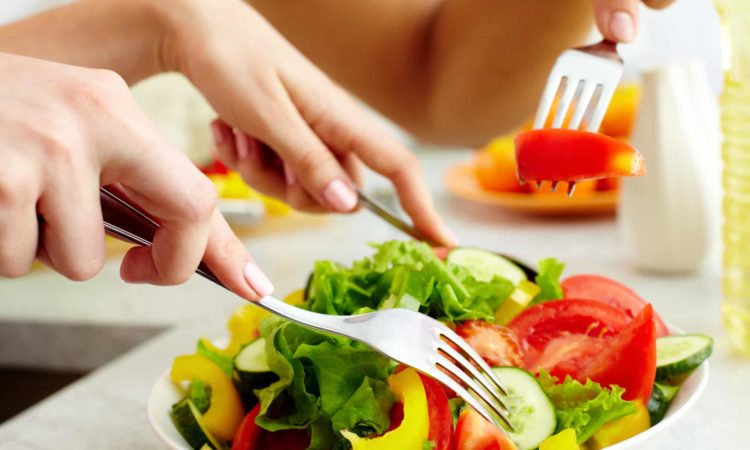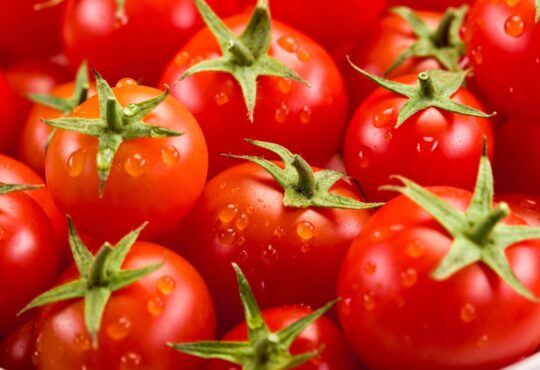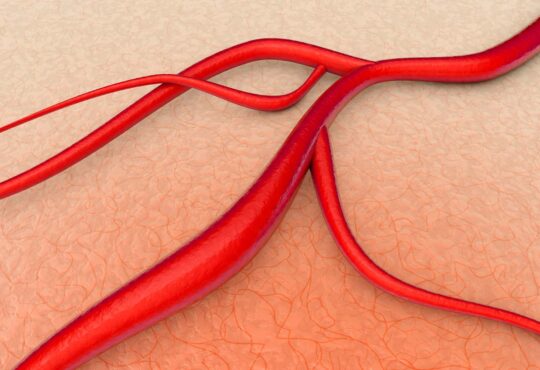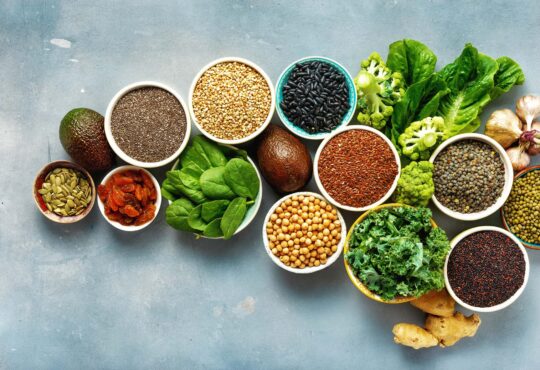
Optimal health and longevity require your body to balance two opposite biological processes: growth and repair.
They both sound good – because we need both.
Unfortunately, our lifestyles and advancing age inhibit the repair processes called autophagy.
“Autophagy” means “self-eat,” which sounds gross, but is just the body’s way of cleaning up and recycling wastes.
As we go about our days, our cells generate lots of garbage. Proteins get damaged. Fat cells are swept under the rug.
All those biological materials, from stray amino acids to minerals to metabolic byproducts, can slow us down and make our bodies run less efficiently – if they’re allowed to accumulate. In the long run, that causes chronic disease and old age.
But when we’re young and efficient, all those biological materials get cleaned up and recycled.
Look at it like a restaurant kitchen.
While the restaurant is open, cooks are busy preparing meals. Waiters and waitresses serve the diners. Dirty dishes stack up. Nobody cares about the garbage cans.
But, at closing time, everybody cleans. Dishes are washed and put away. Ingredients go back on the shelves and into the walk-in cooler. The floor is swept and mopped.
Nobody in the restaurant wants to open the next morning with tables still full of used dishes. Besides driving away customers, it’d be against sanitation laws – and would make cooking and serving new meals much more difficult.
Your body is like that. Sometimes your cells are busy manufacturing new muscle fiber and adapting to an exercise program.
But you also need to clean up all the metabolic leftover waste, amino acid garbage and cellular detritus.
In the long run, all that interferes with efficient signaling, your energy metabolism and overall organ functioning.
Let the garbage and gunk build up inside you, and you’re like those sad people who refuse to throw anything away, so they live amid piles of newspapers. cat litter and cold slices of moldy pizza.
We All Have Some Autophagy
Most of us interfere with the natural process, however, by constantly eating. Three large meals of fat and sugar every day, plus snacks, jacks up your levels of insulin.
High levels of insulin turn your autophagy switch way down.
So does aging. You can’t stop the years from passing, but you can resolve to remain healthier.
The Best Way to Increase Autophagy
Don’t eat.
Nobody disputes that. After around 16-18 hours of not consuming any calories, your blood sugar and insulin drop.
Autophagy goes up.
People who follow a daily time-restricted feeding schedule will benefit from this a little every day.
When people do longer fasts, autophagy goes even deeper.
But there’s an obvious problem. Fasting for longer than a day or two or so brings its own health issues – not to mention hunger.
Five Ways to Promote Autophagy Without Fasting (while still avoiding overeating)
1. Exercise
Both cardio and resistance training forces your body to push your energy metabolism beyond its normal limits. That’s good for your cellular mitochondria and all aspects of your blood flow and gas exchange in your lungs.
These activities tear your muscles, so your body must concentrate on repairing them, so it goes into repair mode.
To continue the restaurant example: it’s so busy, someone has to bus the tables and wash dishes simply to make room for the new customers.
Therefore, when you’re recovering from a workout, your body is working harder than usual to build itself back – including autophagy.
2. Increase Your Spermidine
It’s a natural polyamine we all have – and it encourages autophagy. It’s critical for maintaining cellular homeostasis.
Unfortunately, our spermidine levels decline with age.
The good news is, we can naturally absorb it from the foods we eat, including:
* Wheat germ (which you can get simply by eating whole wheat products)
* Broccoli
* Shitake mushrooms
* Fresh green peppers
* Peas
* Citrus fruits
And other unprocessed plant foods, including the tropical fruit durian.
Some fermented foods also contain spermidine, including natto (which you won’t eat unless you grew up in Japan), soybean foods, and some hard cheddar cheeses. You may also get spermidine from biologically active (NOT canned or jarred) sauerkraut, kimchi, and other fermented foods.
It also turns out, some of your own healthy gut bacteria produce spermidine themselves.
Some experts promote taking probiotic supplements to improve gut bacteria balance.
Others say this is useless unless you change your diet to feed healthful gut bacteria with the fiber they need.
It does make sense that fermented foods not only contain spermidine, but they’re also most likely to contain the bacteria your gut needs to produce more on its own.
3. Consume more polyphenols
Scientific research has found the rich antioxidants and polyphenols in green tea promote autophagy.
Other autophagy-promoting foods include coffee (in moderation), turmeric, and sulphurophane – which is found mainly in broccoli, broccoli sprouts and other cruciferous vegetables.
4. Eat more luteolin
Luteolin is another plant flavonoid known to increase autophagy.
It activates lysosome components to increase autophagy – and it suppresses mTOR and the P13K/Akt signaling pathways – both of which inhibit autophagy.
Foods containing luteolin include:
* Broccoli
* Celery
* Green peppers
* Thyme
* Parsley
5. Sleep
This is essential for repair and recovery from workouts – and the stress of normal daily life.
Clearly, when you’re asleep is when your body is putting forth the most effort to build itself back.
Sleep is when your body is “closed” for the night, and your staff of enzymes are busy gobbling up all the spare scraps left over from the day’s activity.
There You Have It
Eat only as much as you need, avoiding hunger.
Exercise on a regular basis.
Eat many unprocessed plant foods.
Eat fermented foods.
Sleep 7-9 hours per night.
https://www.lifeextension.com/magazine/2021/3/reduce-damaged-cells
https://www.youtube.com/watch?v=VO9o_7z1kEQ
https://pubmed.ncbi.nlm.nih.gov/30813433/
https://www.frontiersin.org/articles/10.3389/fnut.2019.00016/full
https://www.ncbi.nlm.nih.gov/pmc/articles/PMC8392025/
https://www.ncbi.nlm.nih.gov/pmc/articles/PMC6287690/
https://www.theselect7.com/the-select-files/wb-all-about-autophagy
https://oxfordhealthspan.com/blogs/aging-well/how-to-induce-autophagy-without-fasting-1







